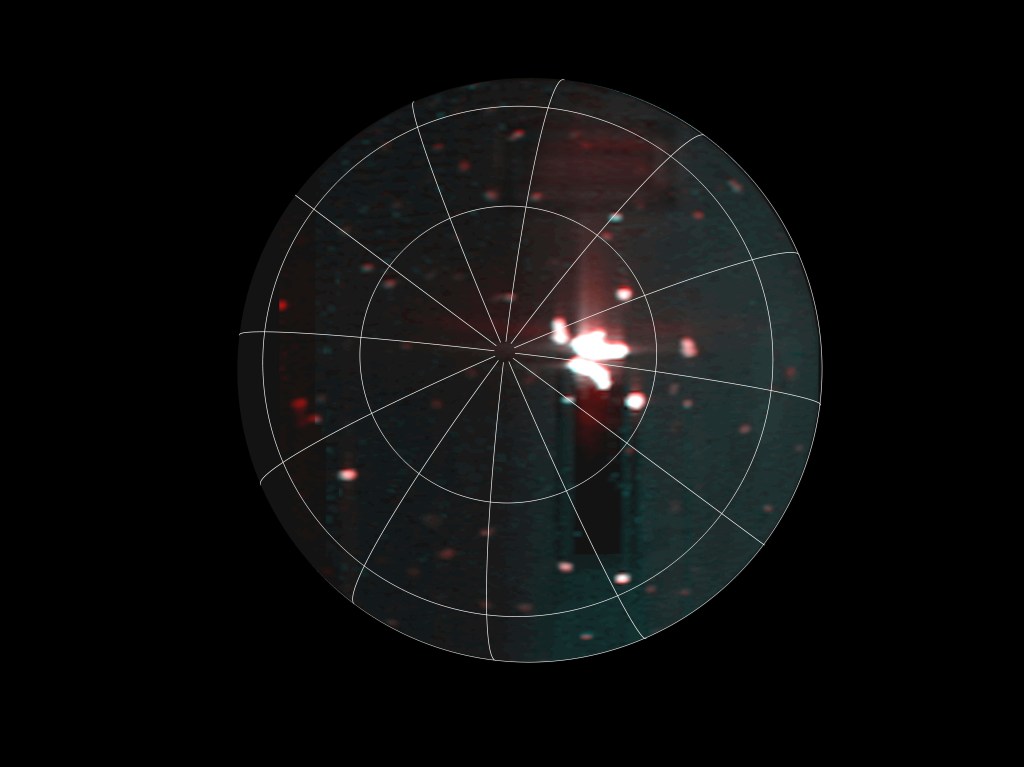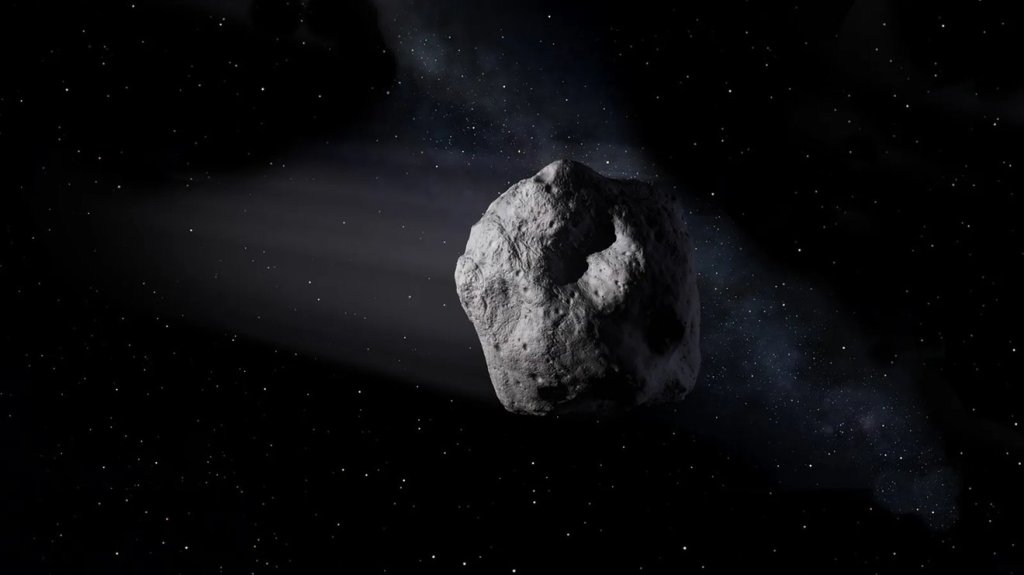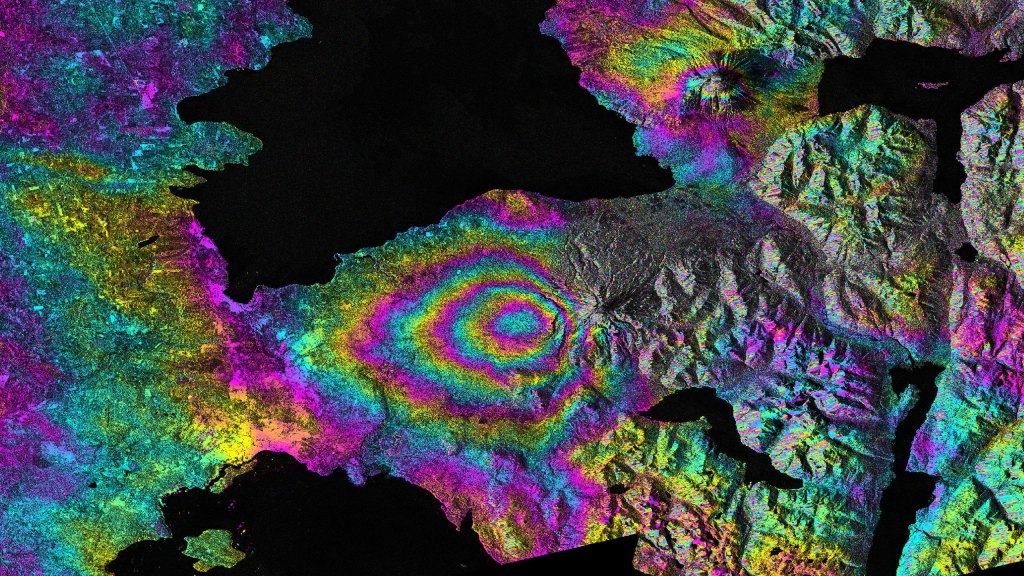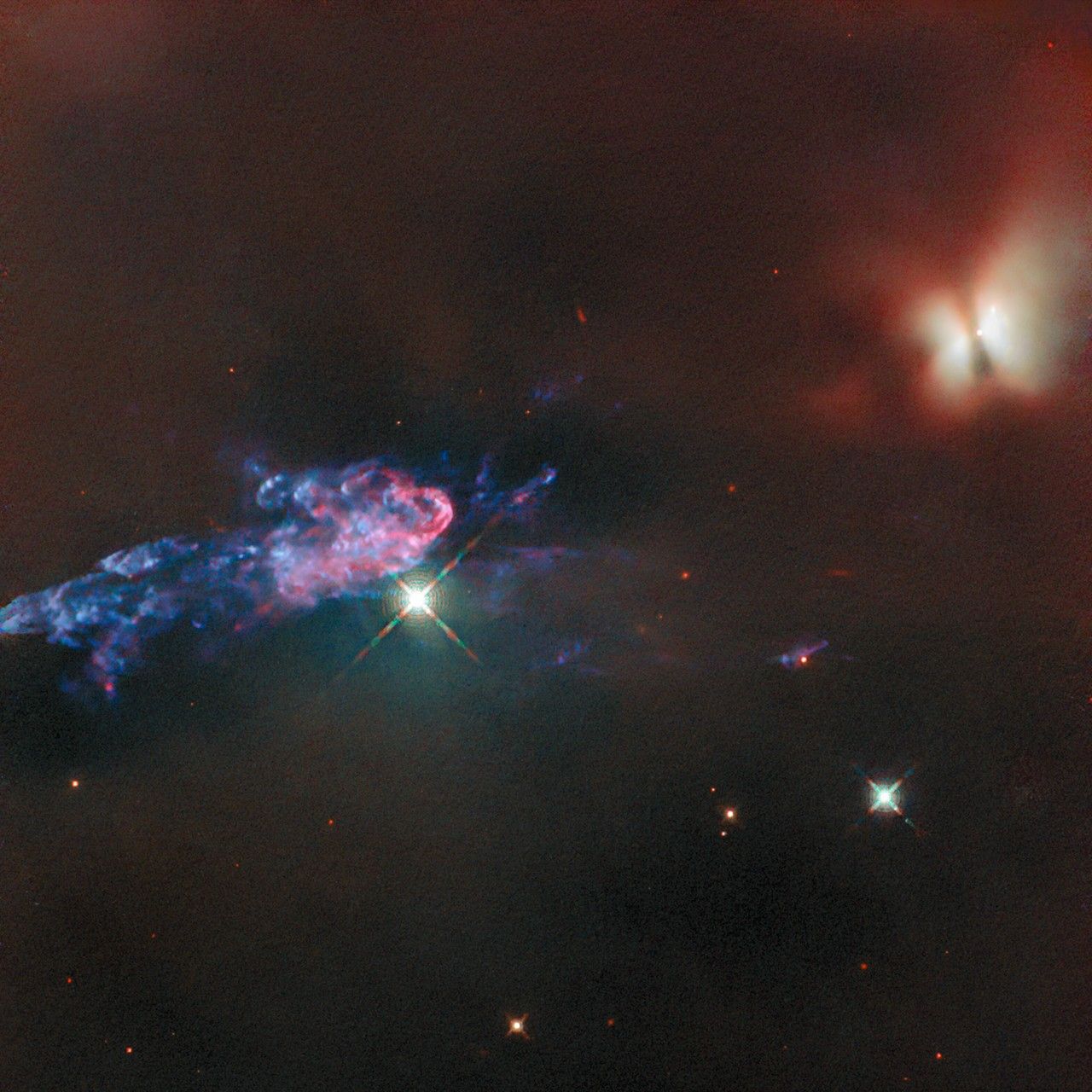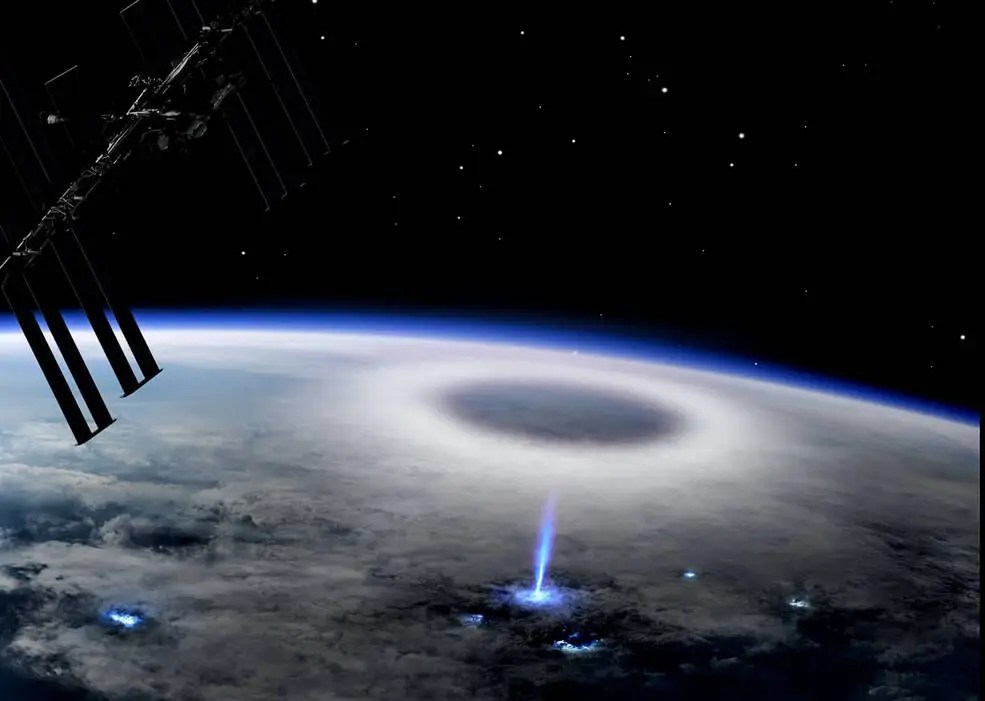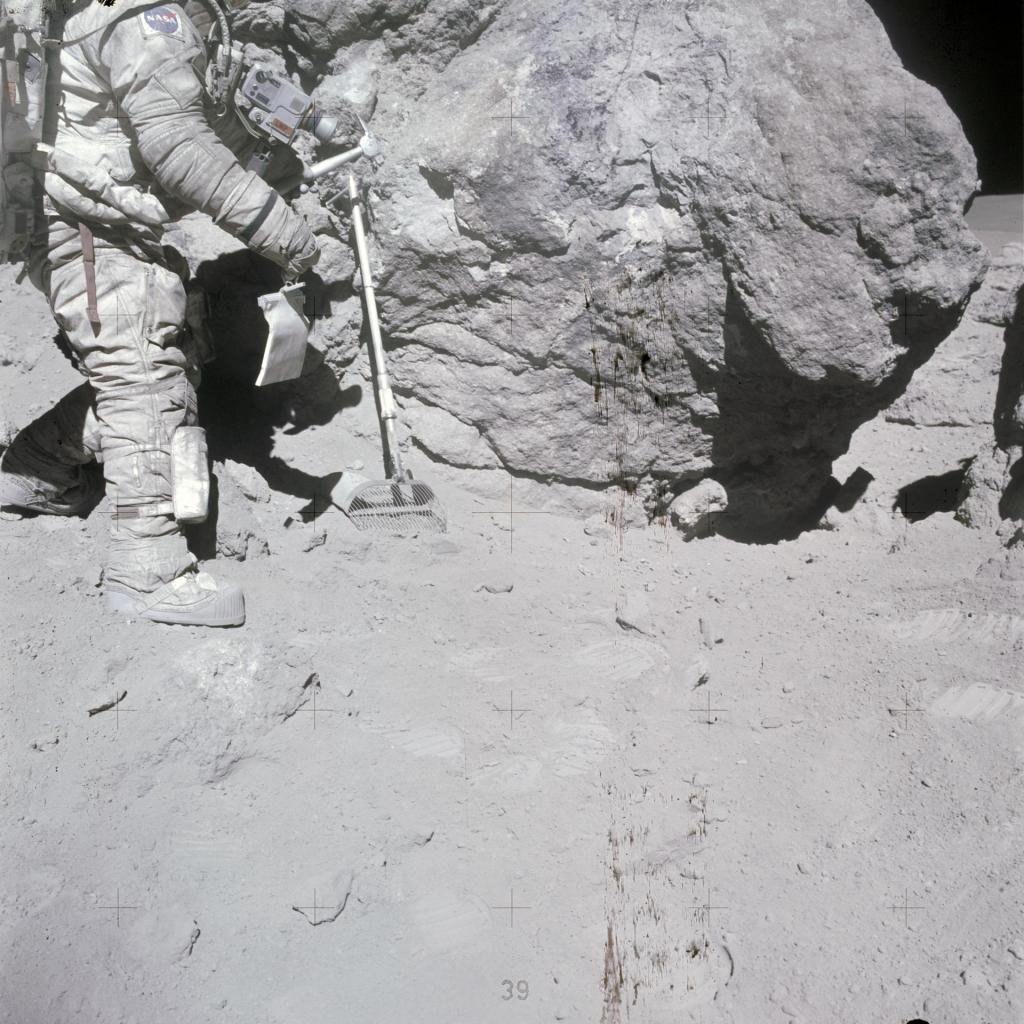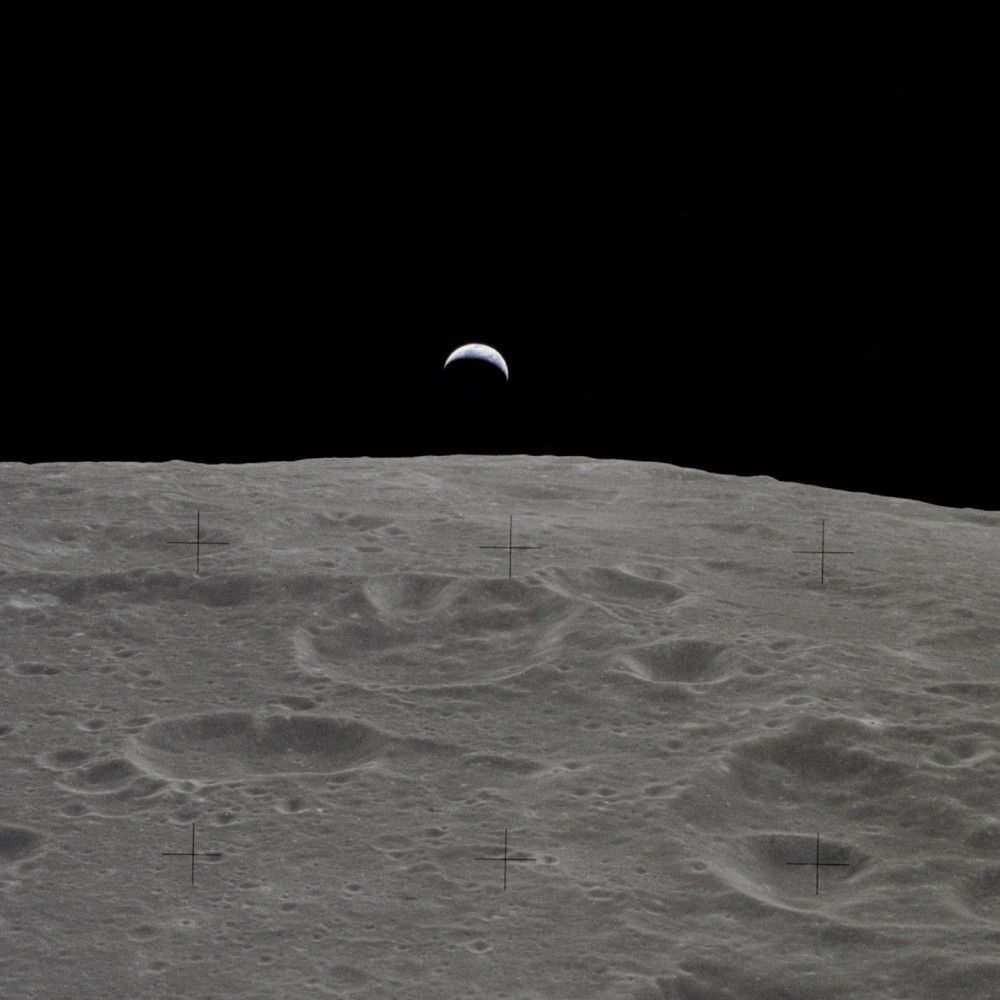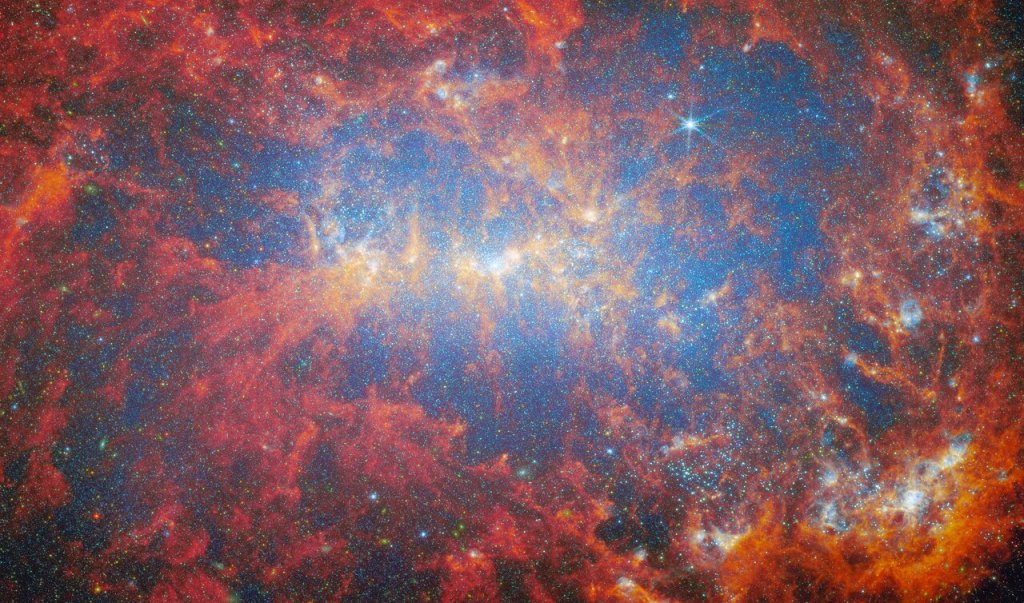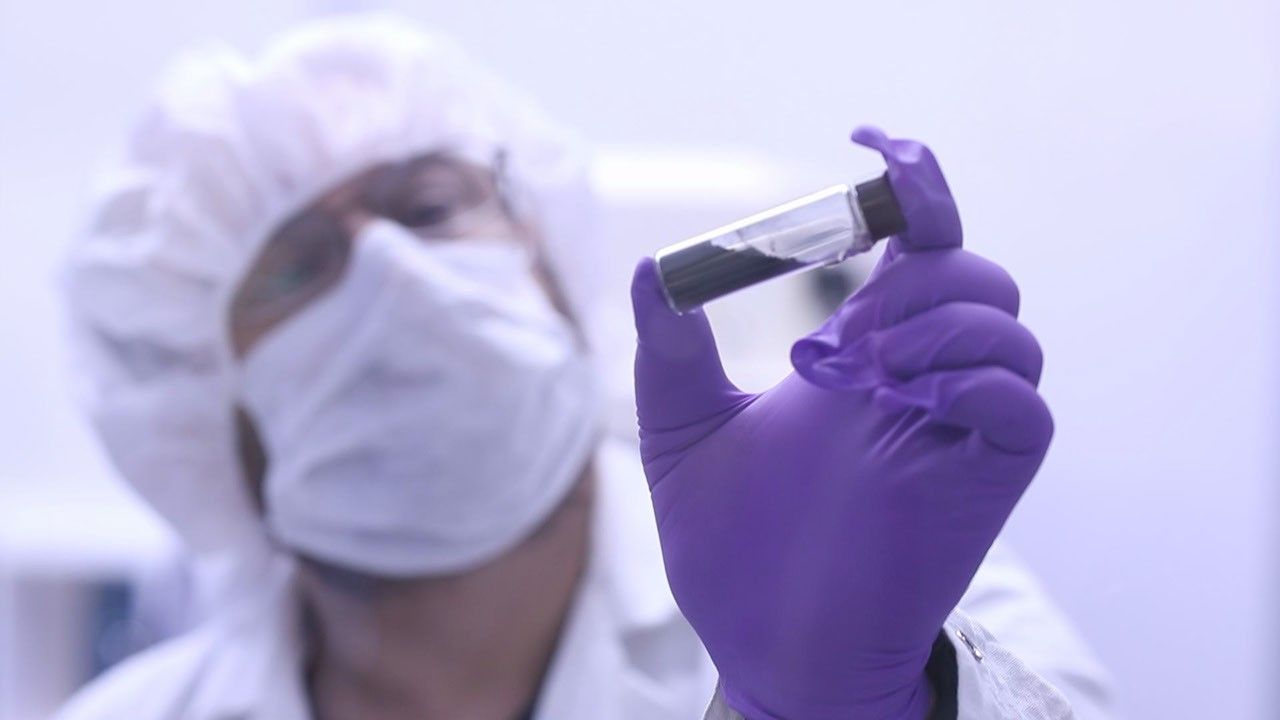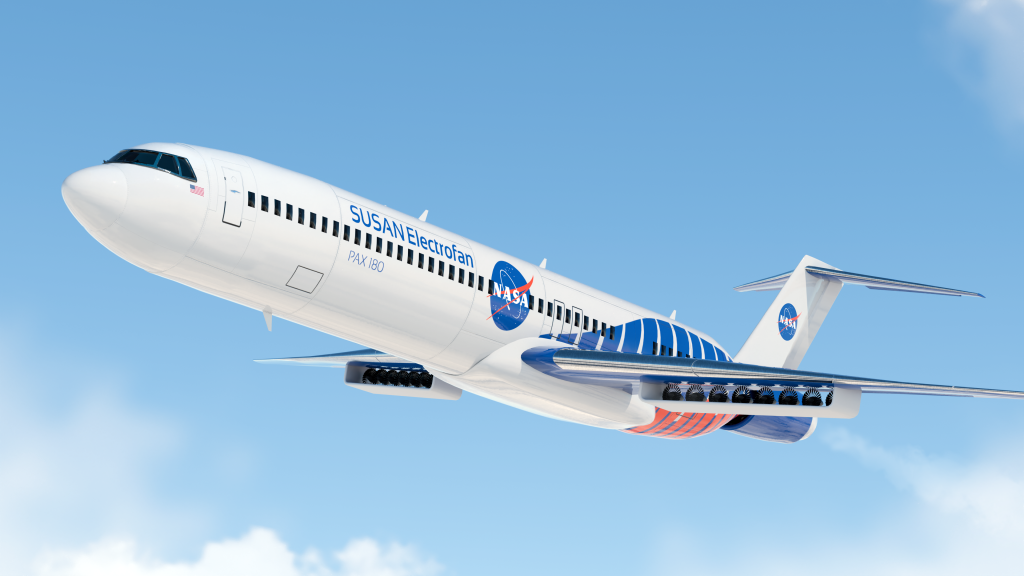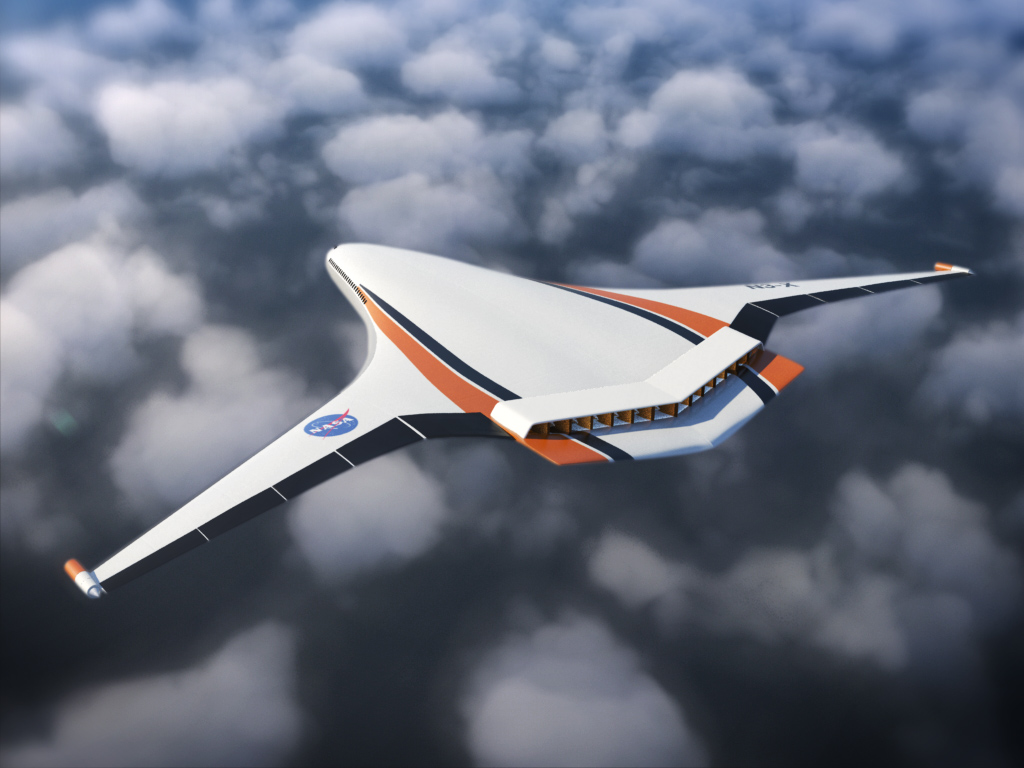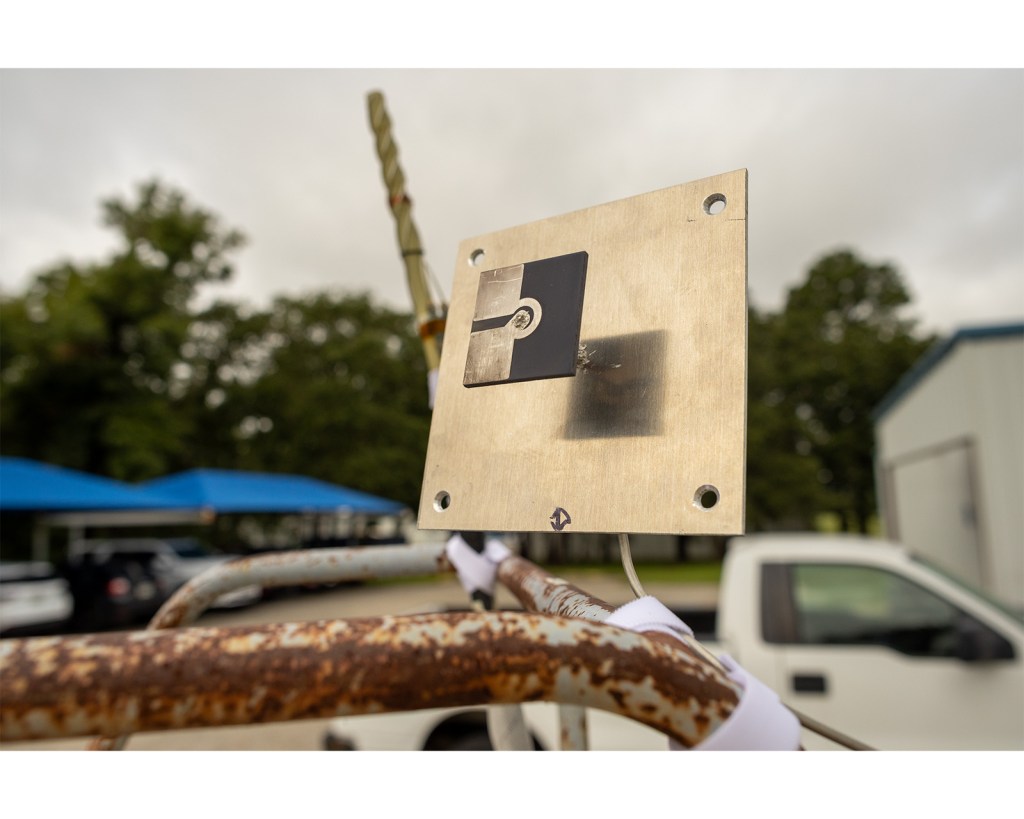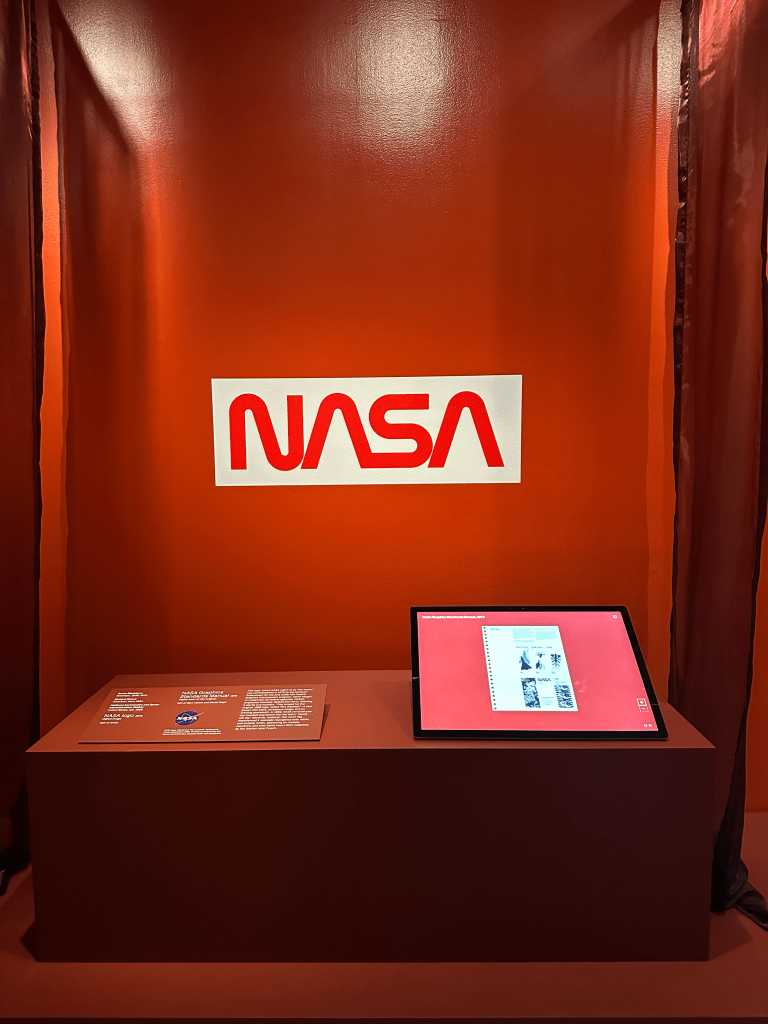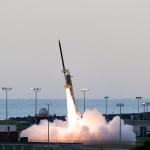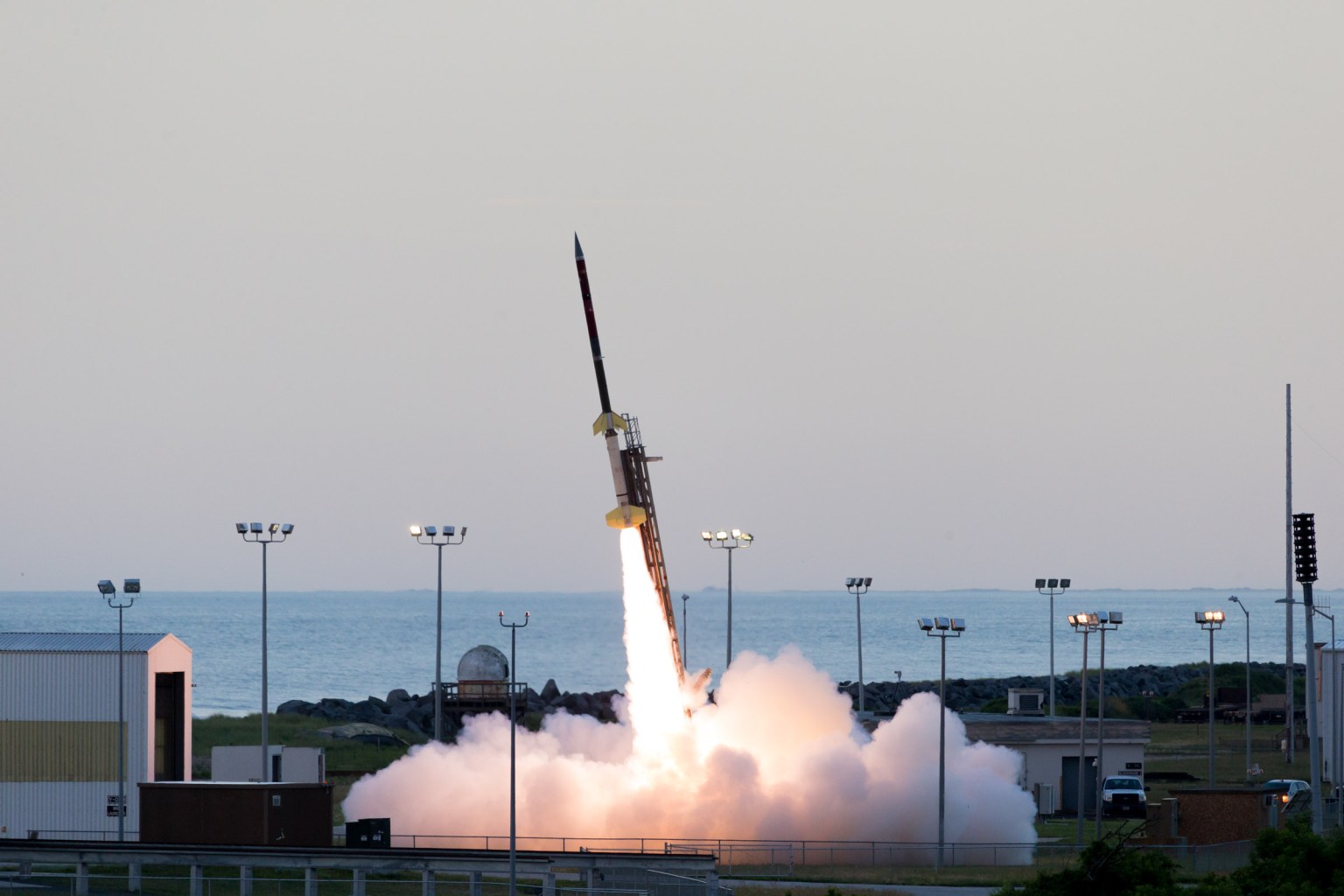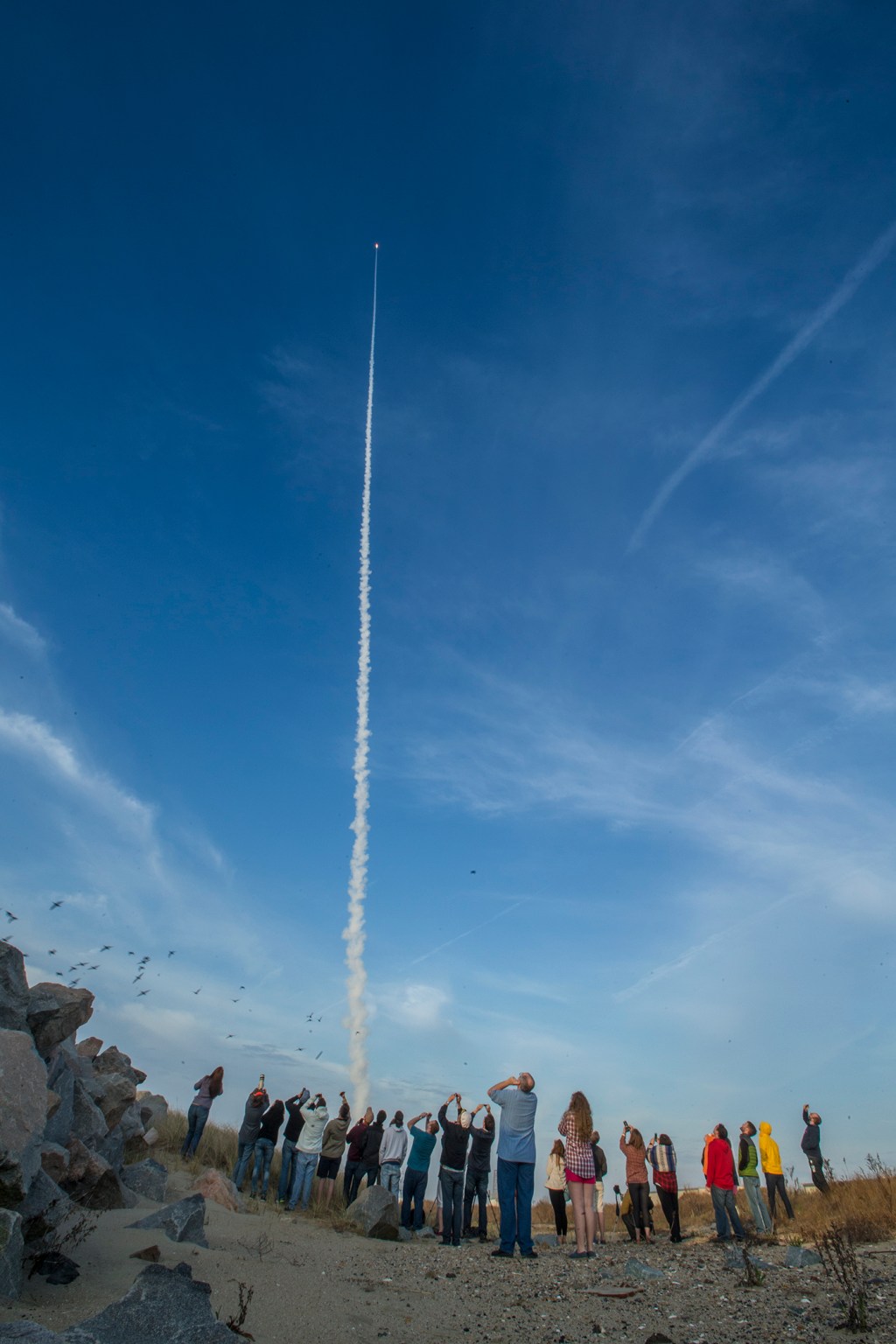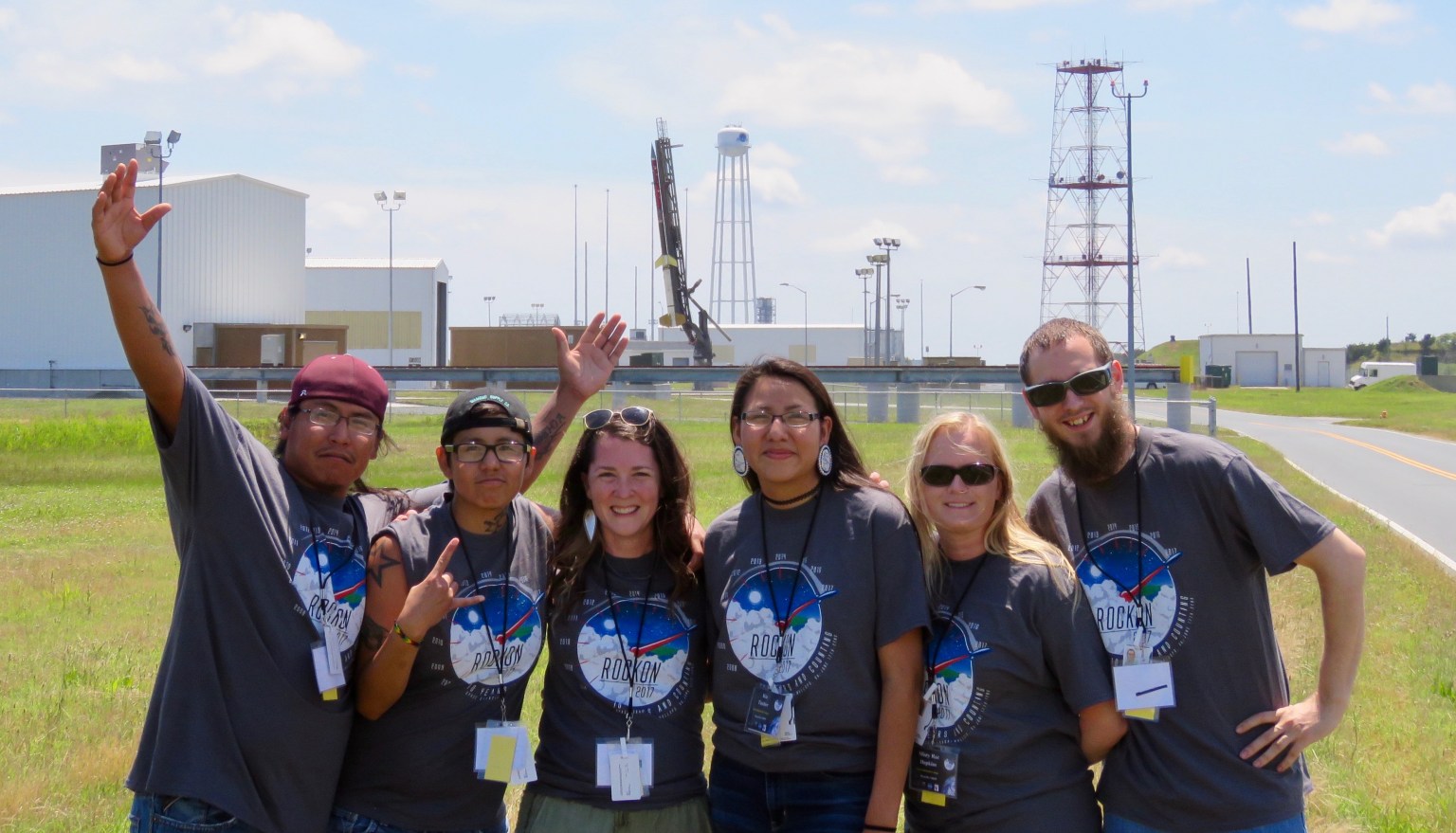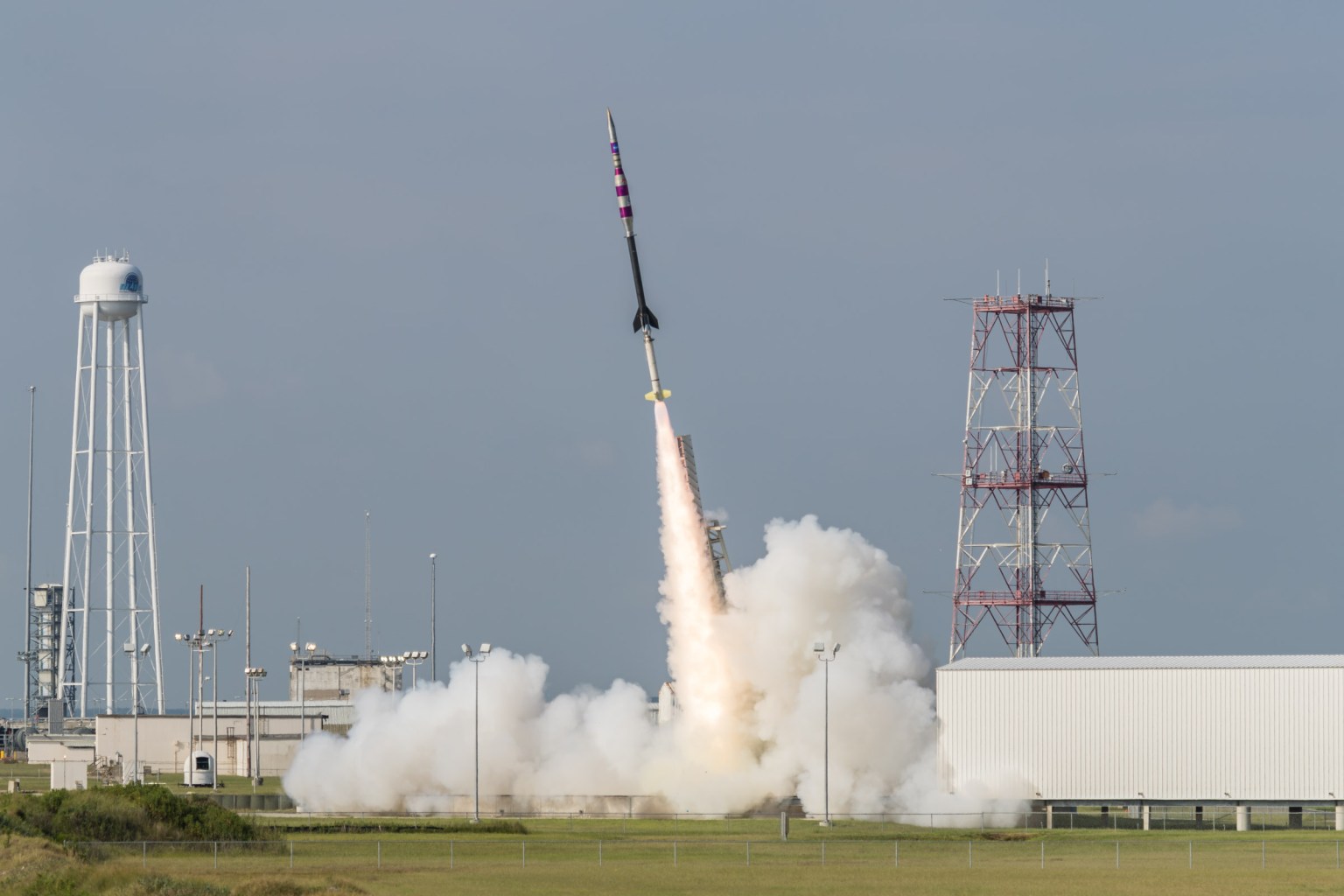Currently accepting Intent to Fly (IFF) forms for 2025!
Click HERE to apply now!
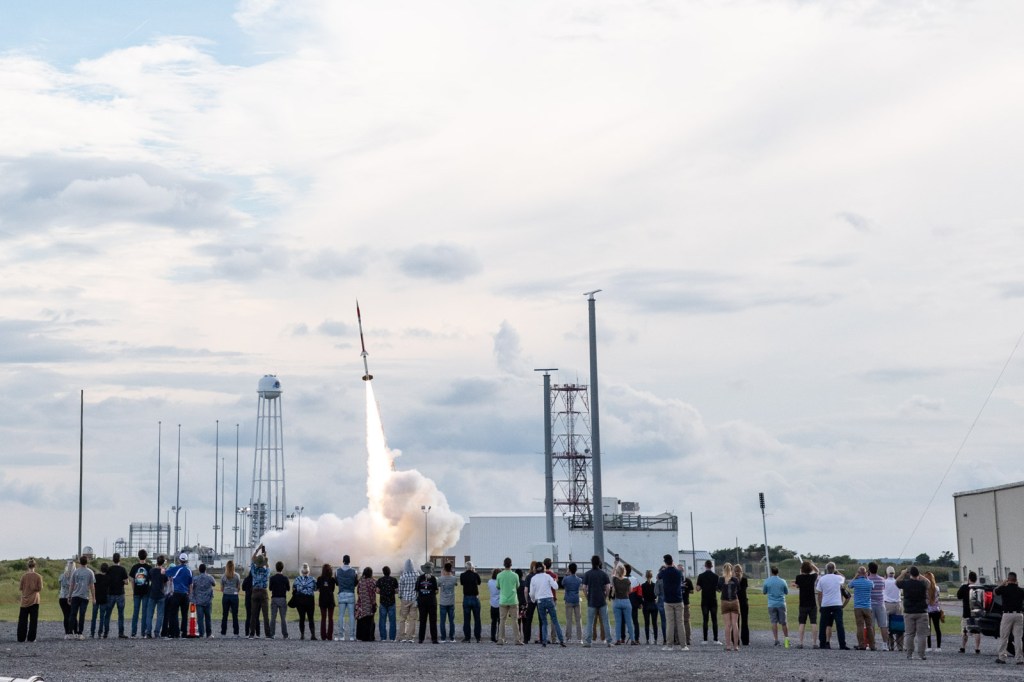
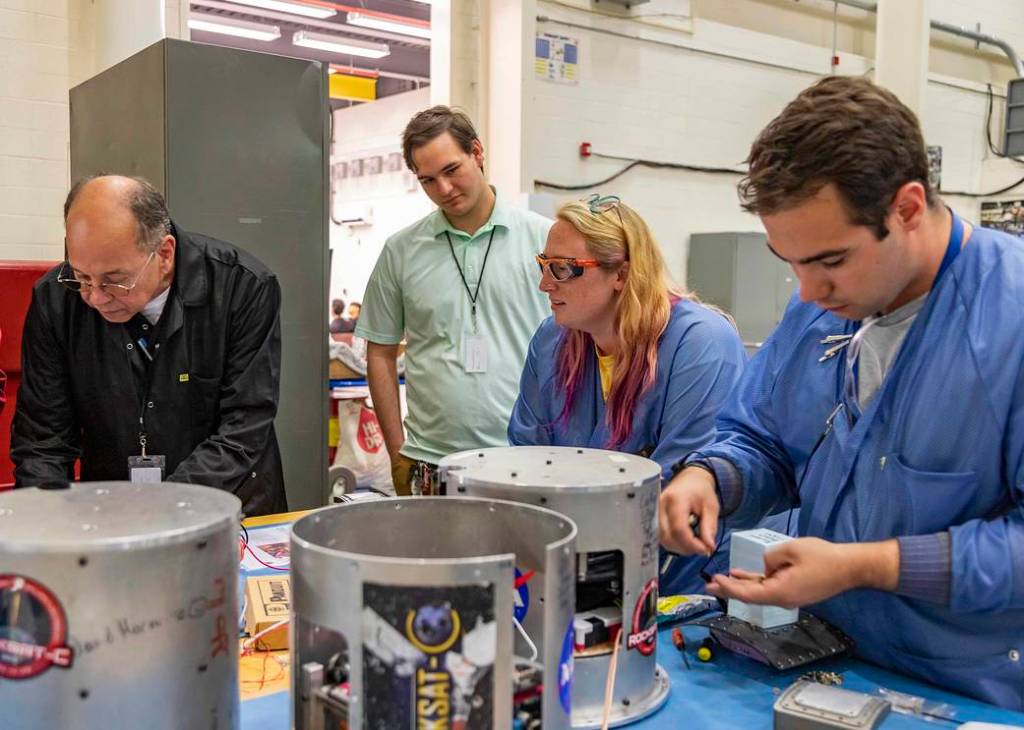
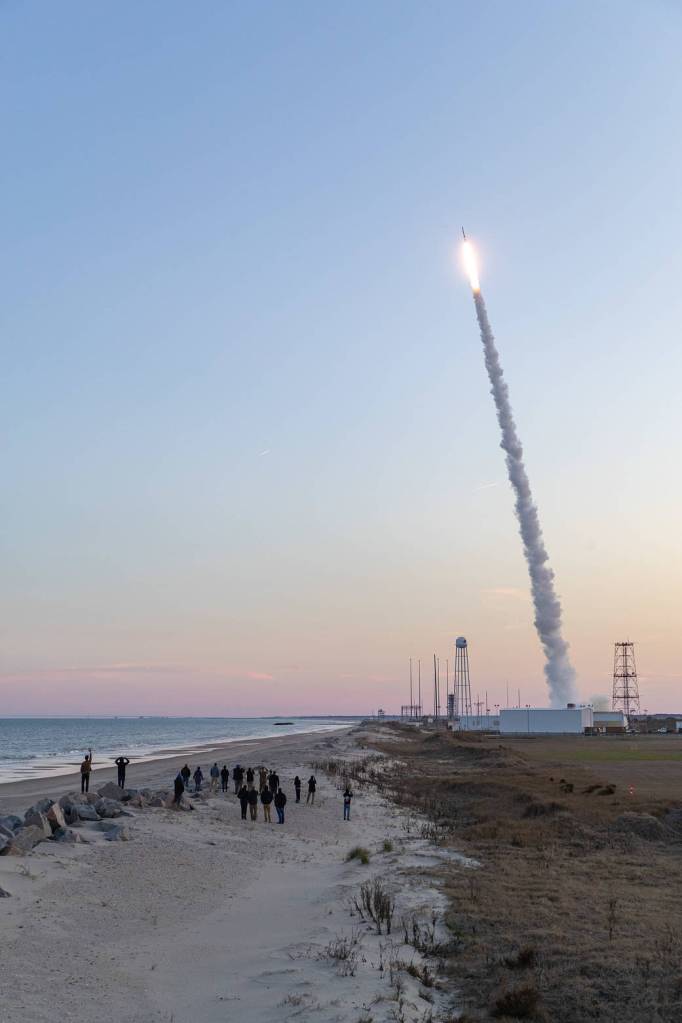
RockSat-C
RockSat-C is a program for students to design, build, and fly a sounding rocket experiment on a Terrier-Improved Orion sounding rocket.
RockSat-C is a program for students to design, build, and fly a sounding rocket experiment on a Terrier-Improved Orion sounding rocket (100 km apogee). Each experiment is contained in a canister that is about 10 inches in diameter by about 10 inches tall. The canister and RockSat-C experiment weigh 20 pounds. RockSat-C experiments are flown in a sealed and pressurized rocket. Each experiment has the option to access the space environment through atmospheric, optical, and/or multipurpose ports. Experiment is battery powered with the ability to store data on board.
This is a competitive program and space on the rocket is limited. Depending on the available space, the most advanced payloads and well-prepared teams will be selected for flight. The RockSat-C User Guide describes the design constraints and interfaces (see document below).
RockSat-C engages students in a thorough design process, documented by design reviews (CoDR, PDR, CDR) in the fall and testing and integration reviews (STR, ISTR, FMSR, VVC) in the spring. All manifested experiments must be delivered for testing and integration in late May. RockSat-C traditionally launches in June. While faculty advising or industry partnership is encouraged for both programs, the work shall be done by the student participants.

